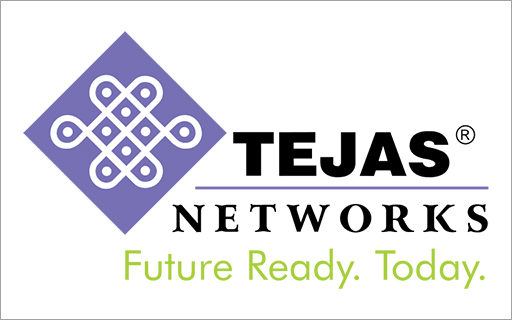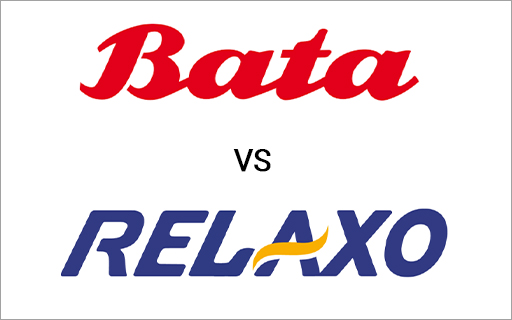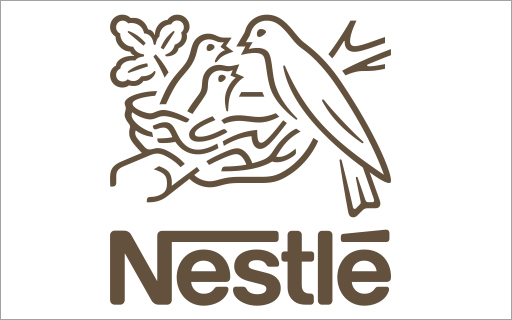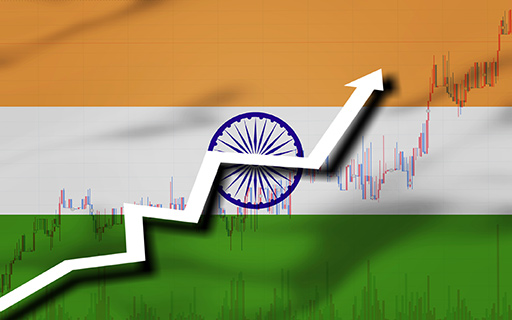- Home
- Archives
Archives... Don't Miss Anything, Ever!
Here you will find all the research and views that we post on Equitymaster. Use the tools to customize the results to suit your preference!
 Why Tejas Networks Share Price is Rising
Why Tejas Networks Share Price is Rising
Apr 23, 2024
Tejas Networks Zooms nearly 40% in two days, hits 52-week high. What next for this Tata stock?
 Space Stock Locked in Upper Circuit After Ashish Kacholia Buys 17,54,385 Shares
Space Stock Locked in Upper Circuit After Ashish Kacholia Buys 17,54,385 Shares
Apr 23, 2024
This company was behind the manufacturing, delivery and assembly of core equipment for the first ultrasonic wind tunnel for ISRO.
 Can Your Stocks Benefit from Higher Inflation?
Can Your Stocks Benefit from Higher Inflation?
Apr 23, 2024
Higher Inflation is good for these companies.
 Why Union Bank of India Share Price is Rising
Why Union Bank of India Share Price is Rising
Apr 23, 2024
With NPAs on the decline, Union Bank is optimistic about robust growth and it's well-placed to capitalise on the pickup in corporate credit cycle.
 Best Travel Stock: Thomas Cook vs Easy Trip Planners
Best Travel Stock: Thomas Cook vs Easy Trip Planners
Apr 23, 2024
This online travel aggregator is buckling up to take off to new heights by going the extra mile to deliver customised experiences.
 Multibagger Midcap Stock Secures Big Contract to Supply Critical Components to Tesla
Multibagger Midcap Stock Secures Big Contract to Supply Critical Components to Tesla
Apr 22, 2024
Tesla diversifies its supply chain with second Indian EV partnership. What next?
 Why GSPL Share Price is Falling
Why GSPL Share Price is Falling
Apr 22, 2024
Shares of the company crashed 20% following a big tariff reduction by the regulator. What next?
 Hidden Potential: Can This Mid-cap Stock Double Your Money?
Hidden Potential: Can This Mid-cap Stock Double Your Money?
Apr 22, 2024
This mid-cap stock could soar if things go right.
 Will HDFC Bank Share Price Revive Post Q4 Results?
Will HDFC Bank Share Price Revive Post Q4 Results?
Apr 22, 2024
During the quarter, HDFC Bank sold its stake in HDFC Credilla for a gain of Rs 55.3 billion and made a floating provision of Rs 109 billion.
 3 Indian Blockchain Stocks at the Centre of India's Deep Tech Revolution
3 Indian Blockchain Stocks at the Centre of India's Deep Tech Revolution
Apr 21, 2024
An analysis of the factors driving India's blockchain rise, and what investors need to consider before diving in.
 Best Footwear Stock: Bata India vs Relaxo Footwear
Best Footwear Stock: Bata India vs Relaxo Footwear
Apr 21, 2024
Urbanisation, rising disposable income, and growing preference towards branded footwear are driving the growth of these two companies.
 Vijay Kedia Buys 4,000,000 Shares of Reliance Infrastructure. Here's Why
Vijay Kedia Buys 4,000,000 Shares of Reliance Infrastructure. Here's Why
Apr 20, 2024
Data shows that Kedia now holds 1.01% stake in Reliance Infrastructure worth Rs 755 million.
 Why Axis Bank Share Price is Falling
Why Axis Bank Share Price is Falling
Apr 20, 2024
The stock is down 5% in the last five days.
 8 Best Railway Stocks to Watch Out as Modi 3.0 Amps up Rs 12 Trillion Investment
8 Best Railway Stocks to Watch Out as Modi 3.0 Amps up Rs 12 Trillion Investment
Apr 20, 2024
The Indian railways is gearing up next big leap with Rs 10 trillion modernisation plan, with high speed home built bullet train. Is it the right time to invest?
 Tata Stock that Outran Tata Elxsi
Tata Stock that Outran Tata Elxsi 
Apr 19, 2024
Do more unknown companies from Tata group have TCS or Tata Elxsi like prospects?
 Why Nestle Share Price is Falling
Why Nestle Share Price is Falling
Apr 19, 2024
Nestle stumbles 5% after baby food sugar controversy surfaces. Will the slide continue if found guilty?
 Bajaj Auto Posts Big Profit on Strong 2-Wheeler Sales; Big Dividend Declared
Bajaj Auto Posts Big Profit on Strong 2-Wheeler Sales; Big Dividend Declared
Apr 19, 2024
The company is expected to benefit from a revival in rural and export demand, going forward.
 Semiconductor Stocks for Your Watchlist
Semiconductor Stocks for Your Watchlist
Apr 19, 2024
These companies are riding India's semiconductor boom.
 Will PSU Stocks Rule Once Again in 2024? Top 5 PSU Companies to Watch out...
Will PSU Stocks Rule Once Again in 2024? Top 5 PSU Companies to Watch out...
Apr 19, 2024
Select PSU stocks are well positioned for growth as the Indian government amps up its capital expenditure.
 Bharti Hexacom Share : A Promising Play on India's Booming Telecom Market
Bharti Hexacom Share : A Promising Play on India's Booming Telecom Market
Apr 18, 2024
Facing established players head-on, Bharti Hexacom takes a distinct approach, establishing a strong regional foothold.

